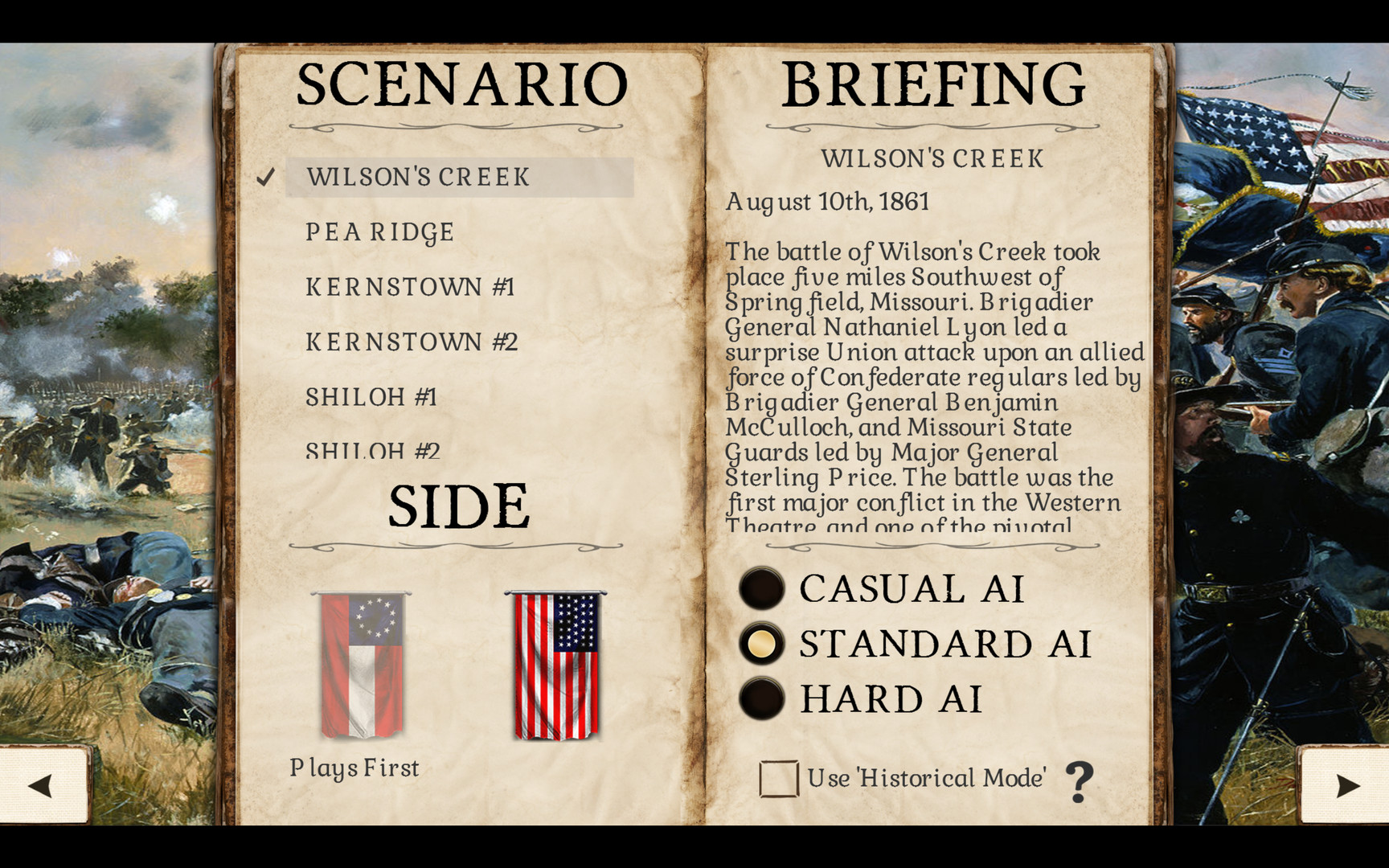

The book’s central character, Paul Bäumer, is, like many in Germany and likewise in Britain, enthusiastic about his forthcoming adventure. Written by a veteran of the First World War, it recounts in horrific and spellbinding detail the real life experience of war. Just don’t expect to read it in one – or seven sittings: when first published it ran to 1,225 pages.Īll Quiet on the Western Front - Erich Maria Remarque Set during the 1812 invasion of Russia by Napoleon’s forces, War and Peace demonstrates a rigorous historical approach to writing and is hailed as incredibly authentic – unsurprising given that Tolstoy served in the Crimean War. War and Peace is inarguably one of the greatest books of all time – it also happens to be about war, conflict and its impact upon all involved. It was made into a film by Ang Lee, which flopped mainly due to its experimental 120fps framerate rather than its faithful adaptation of the source material.

Can Bravo Company live up to their star billing when they embark on a tour back home? A brave, compelling book that doesn’t flinch from portraying the uncomfortable realities of war. The skirmish is caught on camera, ensuring that Billy and his buddies become overnight heroes in America.

What follows is the 30 greatest war novels (ok, 29, one is an account of a writer’s direct experience of war) (hang on, 28, one is a play) (and a few of them are semi-autobiographical – do we knock half off the total for each of them?) ever penned.īilly Lynn’s Long Halftime Walk - Ben Fountainīen Fountain’s mesmeric debut novel concerns the fortunes of Bravo Company, and in particular one of its members, the titular Billy Lynn, after its engaged in a bloody battle with Iraqi insurgents. Some focus on the fighting and the treacherous conditions experienced by the soldiers others examine how wars change people and society. Wars, battles and struggles have provided novelists with a cavalcade of inspiration for grand works. Writers, while not disavowing the sentiment, might suggest otherwise. Most reasonable people would probably concur with Edwin Starr’s bold statement that war was good for absolutely nothing.


 0 kommentar(er)
0 kommentar(er)
